A FORMER Bondi nanny accused of torturing political prisoners could hold key information into the fate of at least seven people including a pregnant woman who disappeared during Augusto Pinochet’s brutal military dictatorship in Chile.
Long time Australian resident Adriana Rivas was an agent in Pinochet’s secret police known as DINA in the 1970s and is the subject of extradition proceedings initiated by the Chilean Government.
She has been charged in her home country of Chile with seven counts of aggravated kidnapping but remains free in Australia after leaving Chile while on bail awaiting trial proceedings in 2010. She denies the charges.
“More than 40 years later those victims still remain missing and she (Adriana Rivas) remains the key to finding these answers.” - Latin American House Inc secretary Isabelle Vega
Ms Rivas had previously lived in public housing at Bondi Beach and worked as a nanny and cleaner in the Eastern Suburbs.
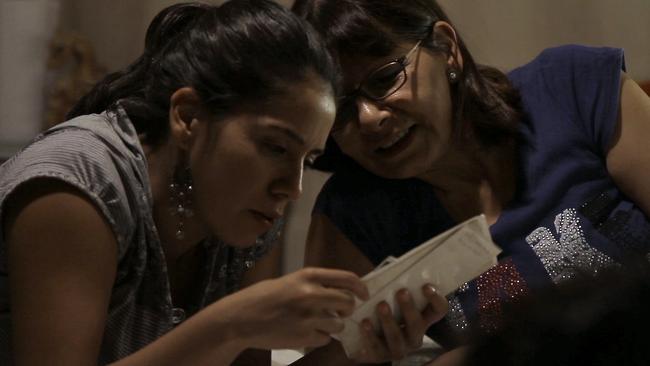
The Chilean community in Sydney is ramping up a campaign to put pressure on the Australian government to extradite Ms Rivas following the screening of a documentary at the Latin American Film Festival titled Adriana’s Pact in Sydney earlier this month.
The award-winning documentary made by Ms Rivas’ niece Lissette Orozco follows her personal journey to uncover information about her aunt’s past as a DINA agent.
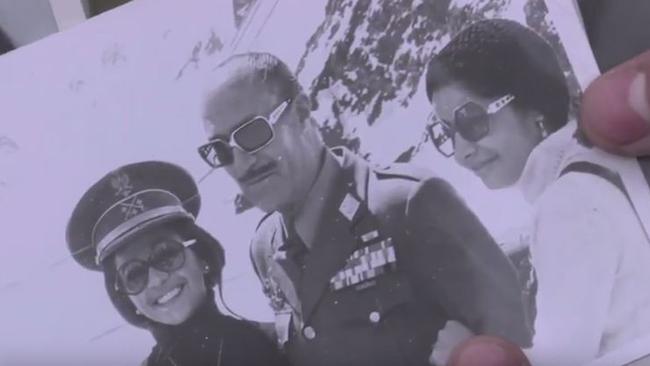
Following the screening, Latin American House Inc secretary Isabelle Vega urged Australia not to “become a safe haven” for people charged with serious offences.
“More than 40 years later those victims still remain missing and she (Adriana Rivas) remains the key to finding these answers,” she said.
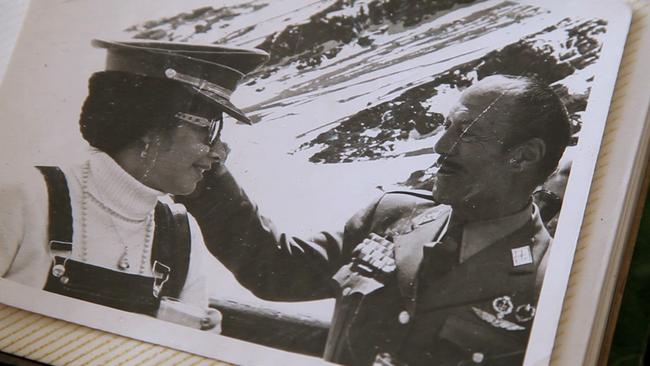
In the documentary, Ms Rivas talks about how torture is necessary to get information from people but denies any involvement in the disappearance of people saying she only worked in an administrative role.
She also told SBS in 2013 that “They had to break the people — it has happened all over the world, not only in Chile.”
“I mean …[it was] the same as what the Nazis used, do you understand? It was necessary.”
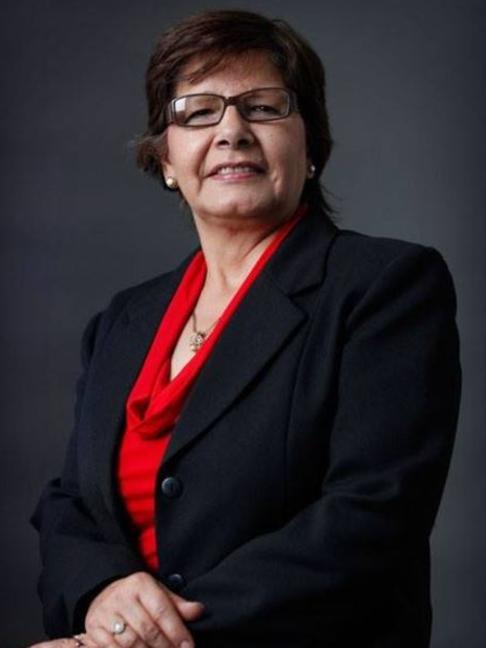
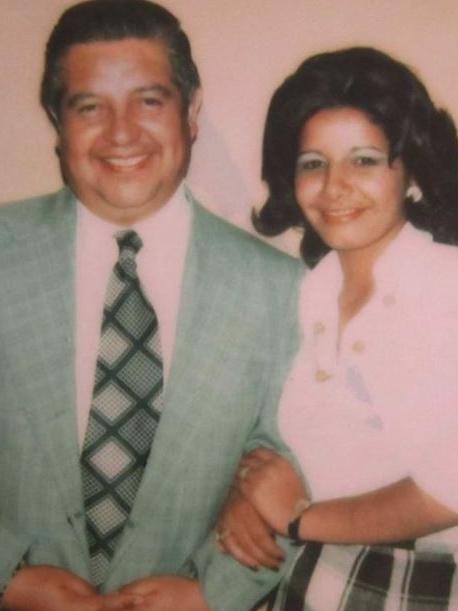
“This is the only way to break the people. Because psychologically, there is no method. There isn´t an injection — like in the movies - to make you tell the truth. It doesn´t exist.”
Sydney-based lawyer Adriana Navarro is representing the families of two of Ms Rivas’ alleged victims of kidnapping.
The first family is that of medical technician and expectant mother Reinalda Pereira.
Ms Pereira was 29 years old and six months pregnant when she and her husband were taken by security forces from the hospital where she worked to an army barracks on September 24, 1973, and detained for a day without charges, according to a statement by her cousin Maria Oyanedel.
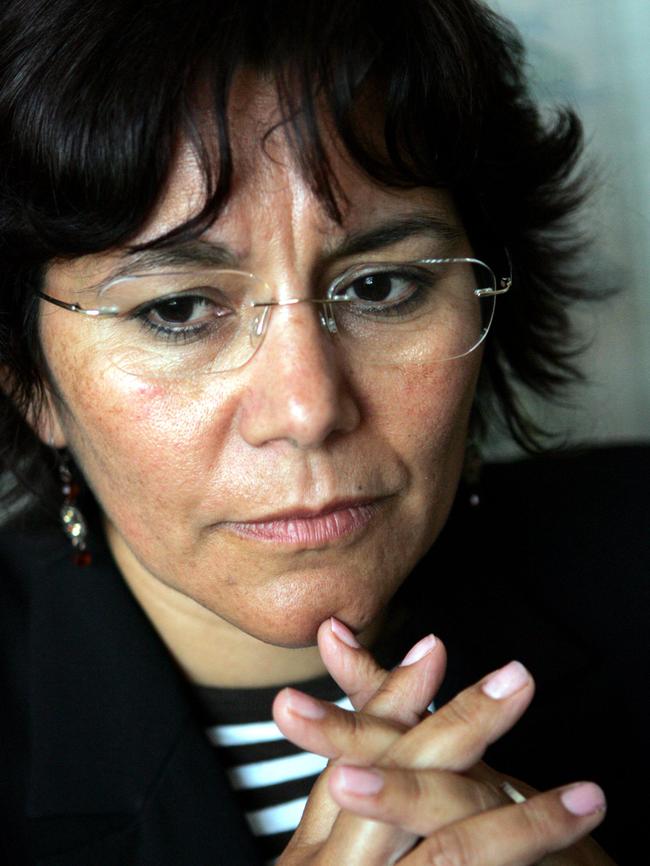
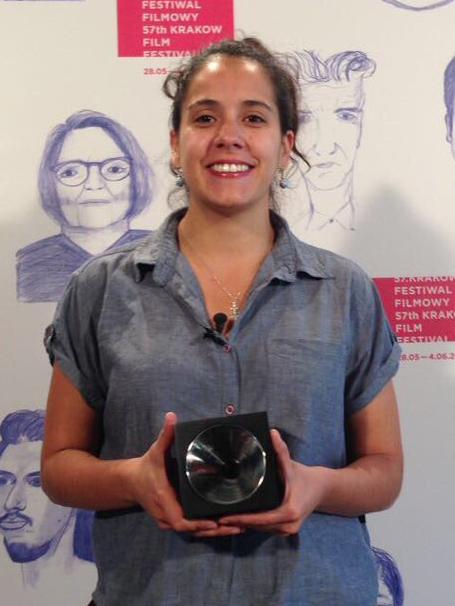
She was a member of the communist party and was released but forced to sign in on a weekly basis.
A couple of months later, on December 15, 1976, she was taken by force off the streets, according to her family.
“She was taken at 8.30pm from Exequiel Fernandez St on the corner of Rodrigo de Araya St, Santiago,” Ms Oyanedel said.
“A male got out of the car and grabbed her violently from the back; she held onto the traffic pole on the corner and shouted ‘Save me’.”
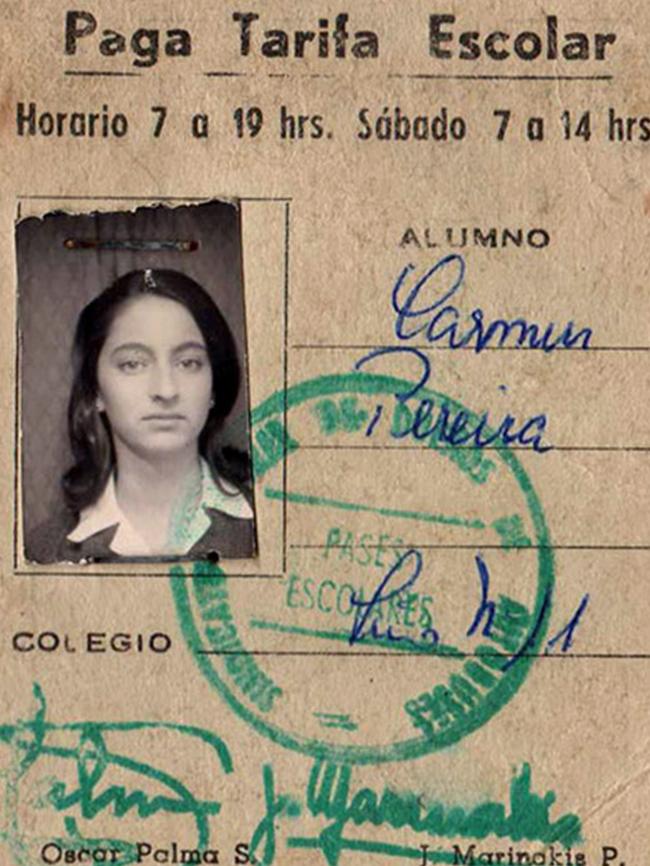
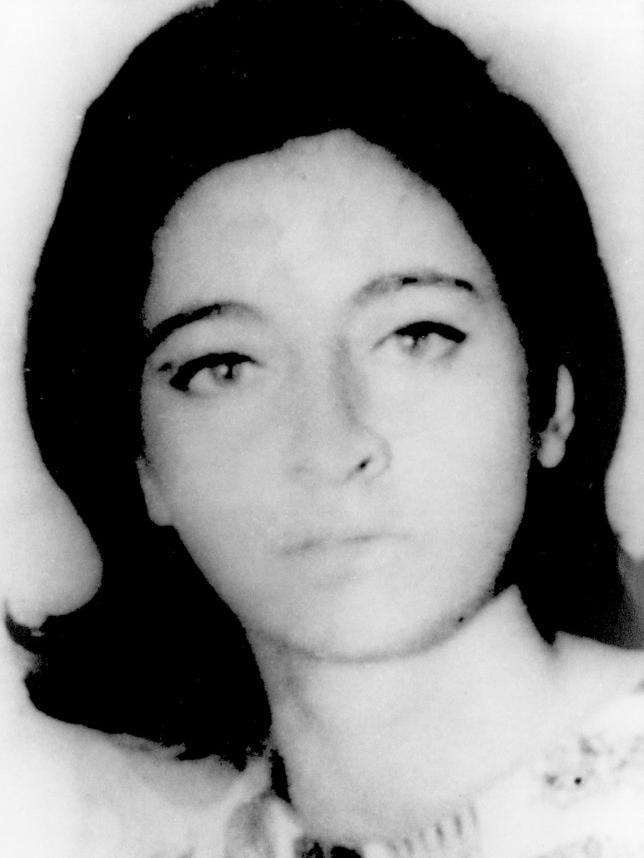
Her mother Luzmira Plaza Medina, “a woman of humble origins and from a rural family” never got over the disappearance of her only child.
“She suddenly found herself going to courts searching for information about her only daughter, who was pregnant with her first child. Luzmira tried all avenues to find her daughter.
“Her emotional pain was so great that she could never resume a normal life, even with the help of professionals who tried to ease her pain. Nothing else mattered for Luzmira; she only wanted her daughter back.”
Adriana Navarro is also representing the family of father-of-four Hector Veliz Ramirez who left home at 9am on December 15, 1976, to look for work and was never seen again.
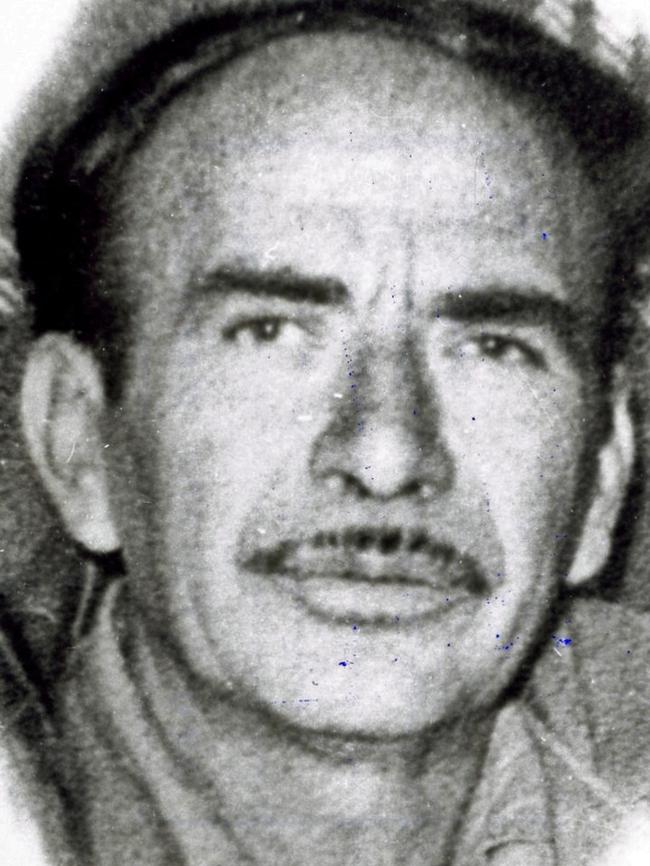
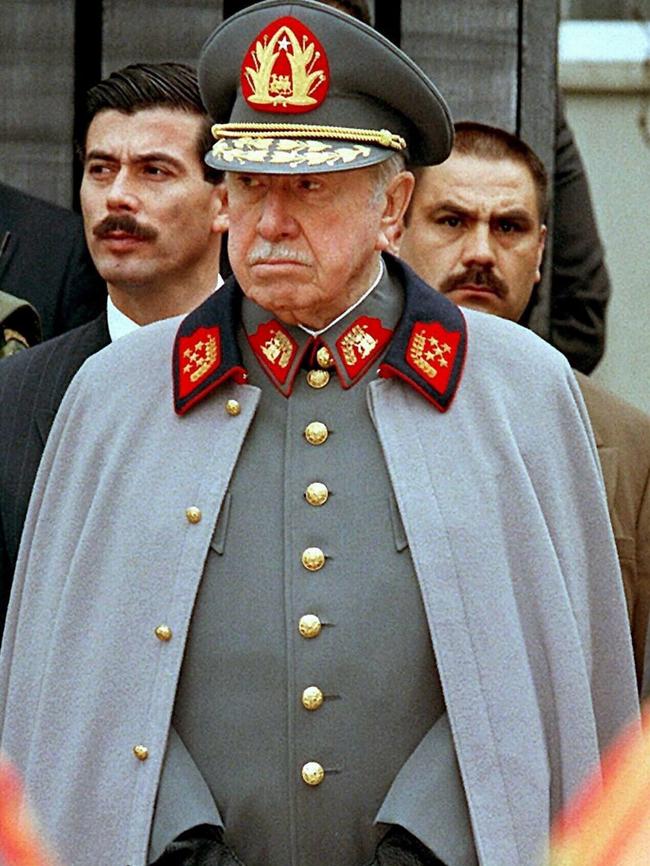
In a statement prepared by his daughter Maria Luisa Veliz she said it was “one of the saddest days in our lives”
“We’ve waited 40 years, we became adult men and women in that time, we married, our children were born.
“Many generations to come will continue to be affected by the sadness and the uncertainty of not knowing what happened to our fathers, husbands, grandfathers, daughters, to the thousands of men and women who fought for social justice in Chile.”
“There are still over 1000 people who disappeared and have not been found.” - lawyer Adriana Navarro
Ms Navarro said the Chilean government and the families of the victims had been waiting a long time for answers.
“It’s quite unsatisfactory and it’s very sad for the families to have this kind of permanent waiting situation where they still don’t know where they can bury their loved ones.”
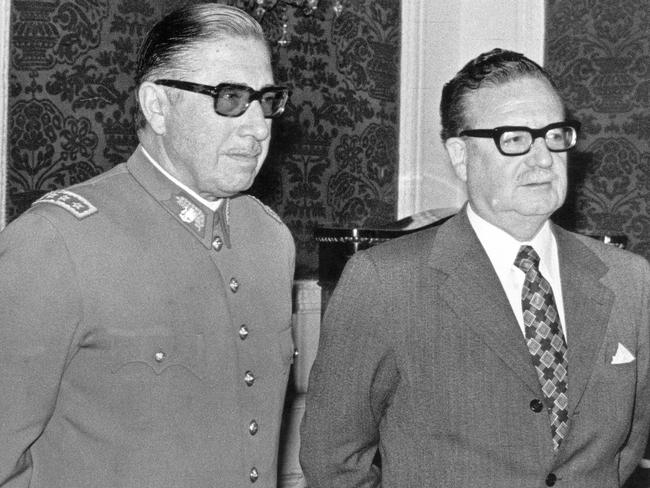
Ms Navarro said during Pinochet’s regime hundreds of people went missing and identifying features such as fingerprints were sometimes burnt off the bodies so that their families could not identify them.
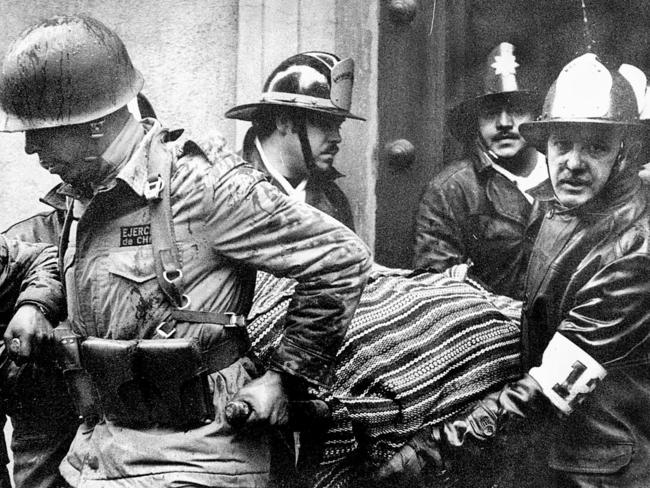
In other cases, bodies were blown up or dumped out at sea to avoid people finding out what happened to them.
“It’s a very dark period of our history and there are still a couple of people who are around the world in hiding.”
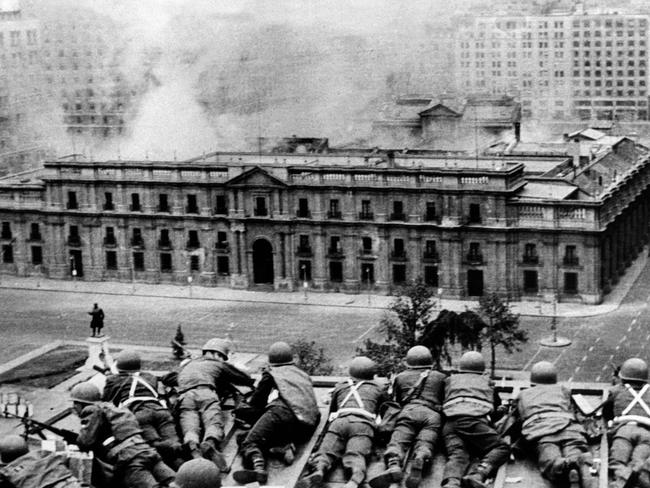
“There are still over 1000 people who disappeared and have not been found.”
Ms Navarro said Ms Rivas should come forward and face trial in Chile where she could access legal representation if she was unable to afford her own defence.
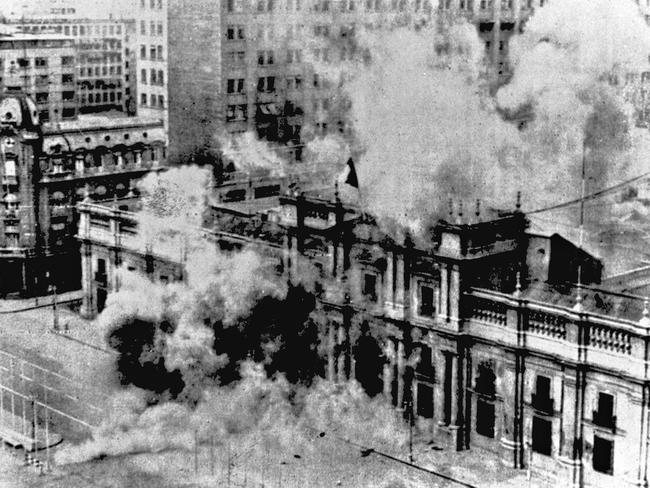
In June this year, federal member for Bruce, Julian Hill wrote a letter to the justice minister about what he described as “a lack of response” from the Commonwealth government in response to Chile’s extradition request.
Mr Hill said the Chilean government had provided additional documents to support the extradition request in January this year.
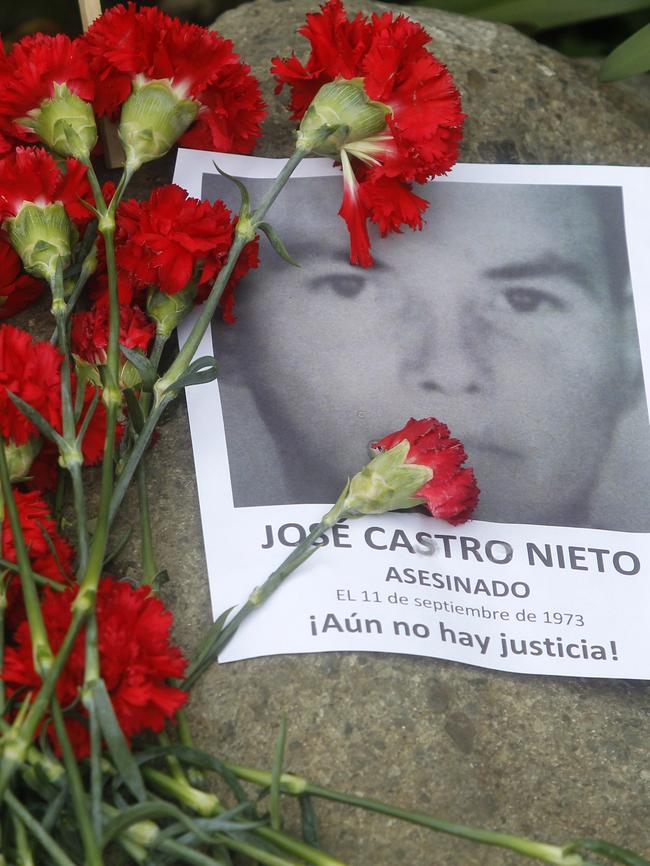
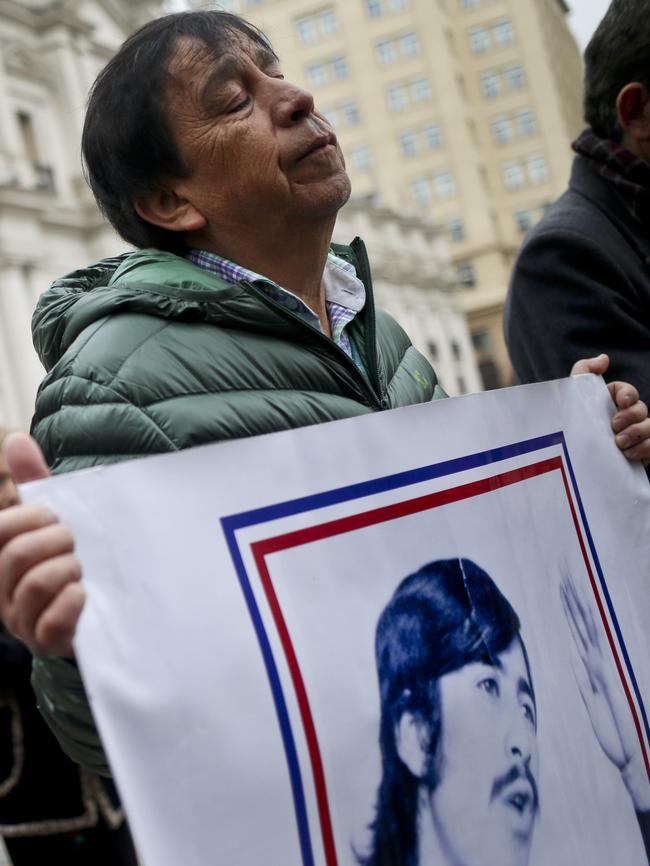
He said Ms Rivas was charged with seven serious offences that are “classified as most egregious crimes against humanity”.
“This is a particularly important issue for Chilean Australians in my electorate, and indeed across all Australia, many of whom lived under the brutal and unconscionable dictatorship of Augusto Pinochet.
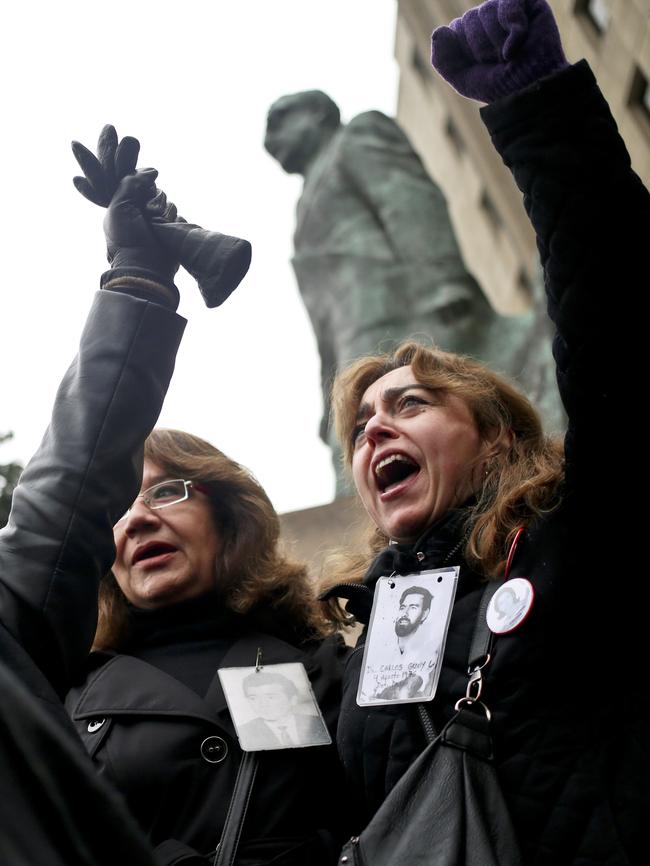
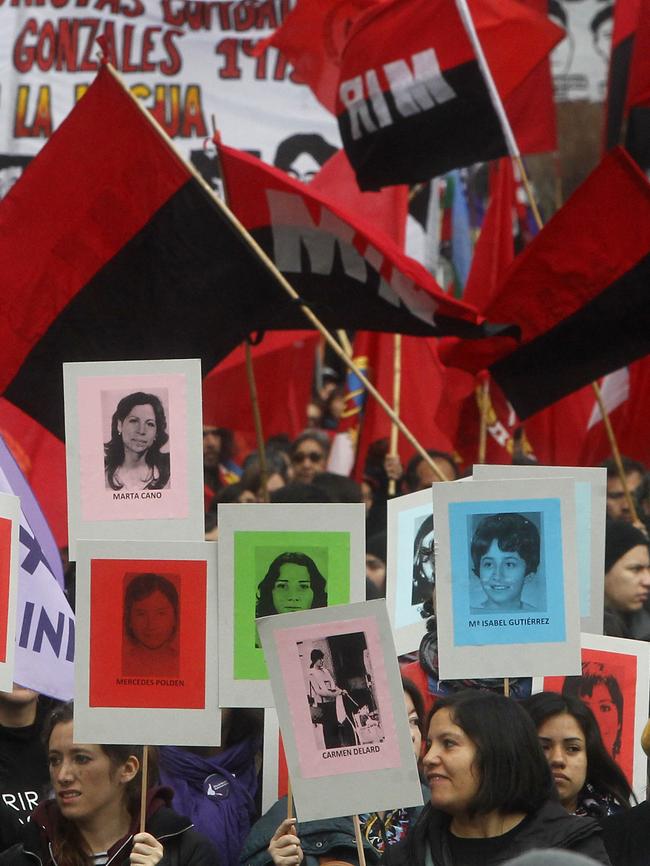
“Many members of my Chilean community fled to Australia to escape the abhorrent repression of that regime and are now wonderful citizens and community members.
“This community is increasingly concerned that silence and a lack of action in response to the Chilean government’s request to bring Ms Rivas to justice is out of step with Australian values and our international responsibilities as a nation committed to the rule of law.”
Mr Hill said he shared the community’s expectation that the government will comply with its international obligations to see that justice is done.
A spokesman from the Attorney-General’s Department said the Australian Government did not comment publicly on extradition matters, including whether it had received or intended to make an extradition request, until the person was arrested or brought before a court pursuant to a request.
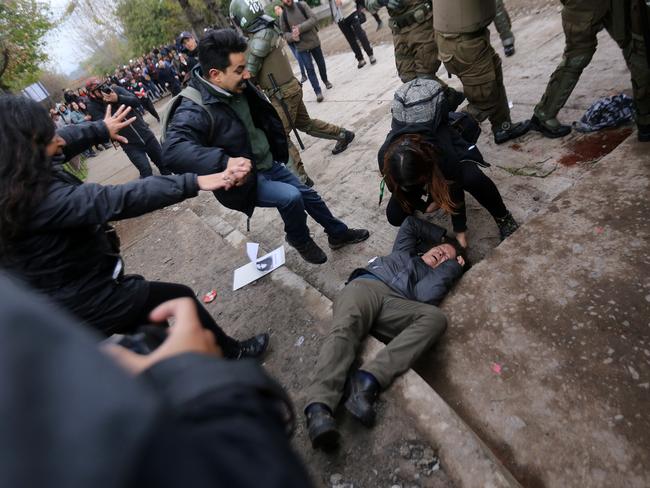
An extradition treaty between Australia and Chile entered into force in January, 1996.
The Embassy of Chile in Australia said they had no comment on this issue.
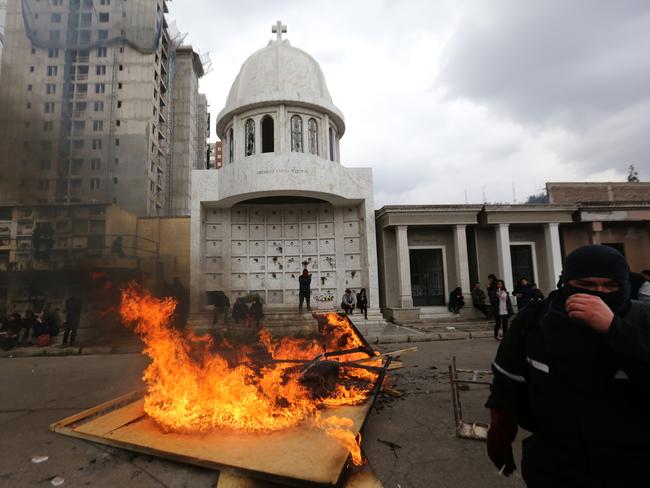

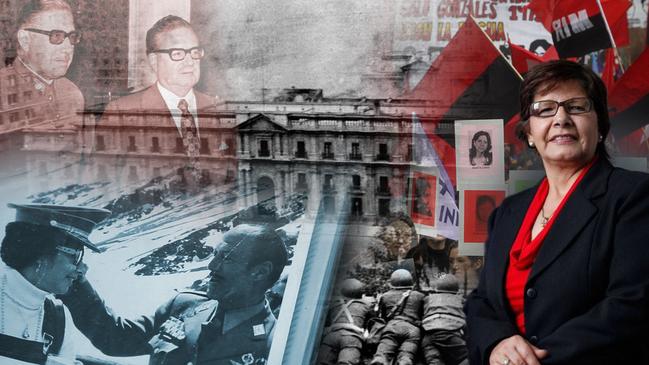
Here’s what you can expect with tomorrow’s Parramatta weather
As summer moves towards autumn what can locals expect tomorrow? We have the latest word from the Weather Bureau.
Here’s what you can expect with tomorrow’s Parramatta weather
As summer moves towards autumn what can locals expect tomorrow? We have the latest word from the Weather Bureau.